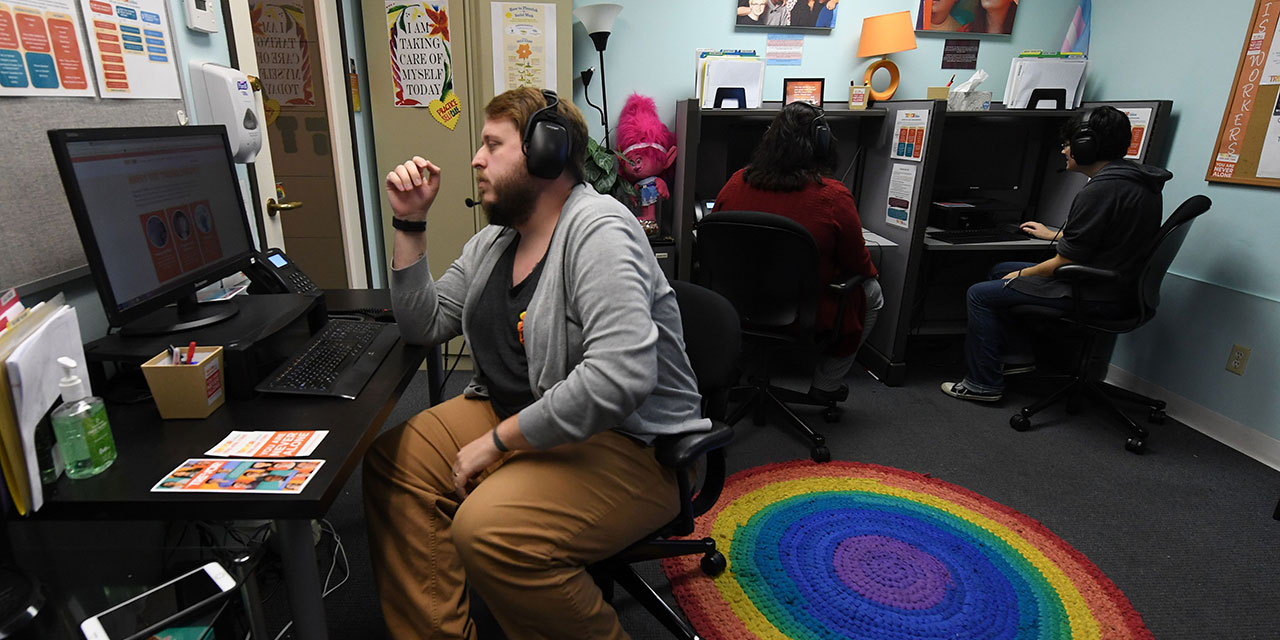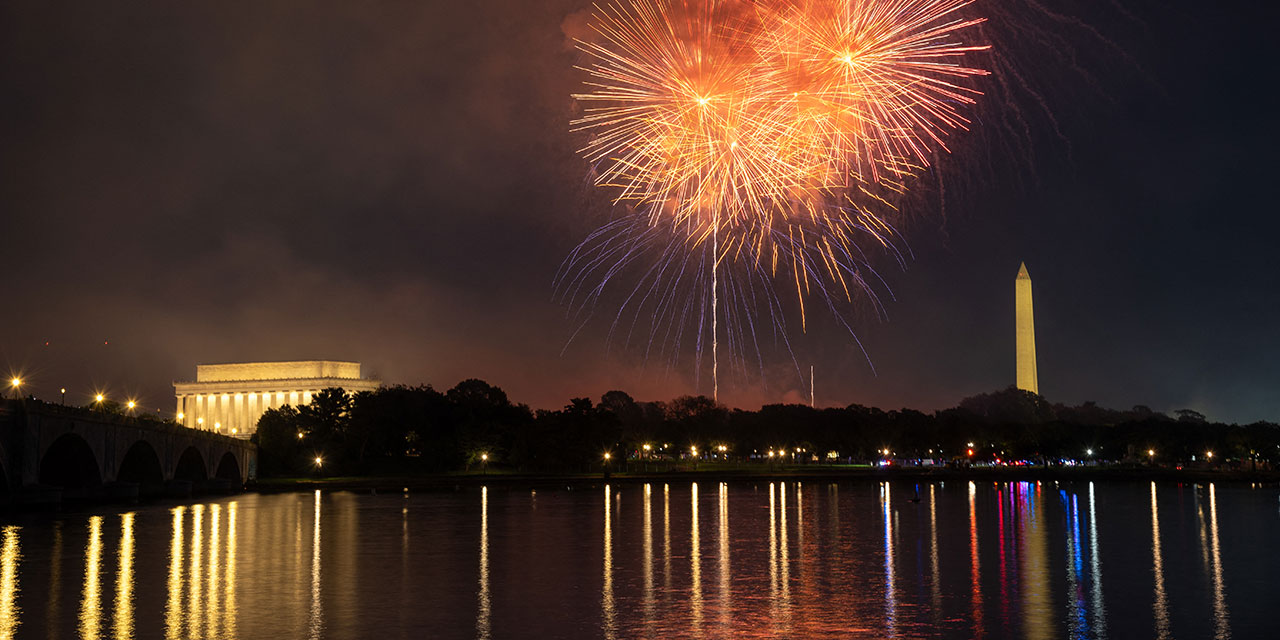Civic engagement and an appetite for protest are crucial to America’s success. Our Founders were keenly aware of this dynamic—it’s how our country gained independence—and secured the people’s right to assemble peaceably by ratifying the First Amendment.
Recent events within walking distance of my home have shown that some in our country are unfamiliar with, or do not care about, protesting peaceably. Perhaps they feel that their cause is so righteous that they can ignore norms and even laws. Perhaps they act criminally because they know that they are unlikely to be prosecuted. The answer probably falls somewhere in between, highlighting two serious issues in America: the decline of peaceful protest and the unequal enforcement of the law.
Finally, a reason to check your email.
Sign up for our free newsletter today.
On July 24, during Israeli prime minister Benjamin Netanyahu’s speech to Congress, protesters filled the streets of Washington and laid waste to historic monuments outside of Union Station. The pro-Hamas activists vandalized a monument to Christopher Columbus and desecrated a replica Liberty Bell with phrases like “welcome to the intifada” and “anarchy.” They also assaulted police and removed the American flag from its pole, burning it and replacing it with a Palestinian flag.
It’s little surprise that they acted in this manner. Earlier this summer, a similar group of pro-Palestine demonstrators defaced Lafayette Square, just outside of the White House. The vandals graffitied anti-Semitic and hateful messages such as “death to Israel” onto statues and walked away without consequence. Those sympathetic to the anti-Israel movement were doubtless emboldened by the lack of legal accountability that day and felt it would be permissible to deface other federal statues and public property on future occasions.
Their perception was partially vindicated in the days after the Union Station protest. While some were properly arrested at the demonstration, nearly a dozen have seen their charges dropped, and others were released from jail pending further court action. That is more enforcement action than occurred at the Lafayette Square protest, but not nearly enough to deter the next round of violent demonstrations.
Additionally, prosecutors’ treatment of the Union Square protests stands in stark contrast to that received by other groups. For example, three teenagers in Spokane were hit with felony charges for purposefully creating skid marks with electric scooters on an LGBTQ pride street mural; they face years in prison. What they did was wrong, but one wonders why they were prosecuted so aggressively as some anti-Israel protesters walk away scot-free.
Another disparity leaps to mind: that between radical pro-Hamas demonstrators and January 6 protesters. Both groups have vandalized our nation’s capital and threatened police. The January 6-ers have been prosecuted enthusiastically by federal officials. Why have criminal elements who have called for the death of Jews and the destruction of America, and engaged in similar mayhem, not faced similar penalties?
This inequality of justice erodes American norms and ideals. The equal enforcement of law, regardless of political persuasion, is a cornerstone of our justice system. Without it, Americans lose faith in our legal and political institutions.
Similarly, when prosecutors decline to enforce the law, they undermine our legal system. They send the message that vandalism and other criminal acts are acceptable, which, as we saw at Lafayette Square and then Union Station, emboldens those who would flout our laws.
Politicians on the left and the right have condemned the criminal behavior at the Union Station protest. Senate Majority Leader Chuck Schumer (D-NY) called it “vile, offensive, wrong,” and correctly noted that “[d]efacing public property is illegal.” Senator Lindsey Graham (R-SC) tweeted a similar message, saying, “No American has the right to vandalize and desecrate.”
Bipartisan denunciation of illegal protest is great, but legal action is better. If America hopes to root out violence and get a grip on rising anti-Semitism, our prosecutors—local, state, and federal—must go after all forms of criminal conduct with equal vigor.
Photo by AASHISH KIPHAYET/Getty Images




